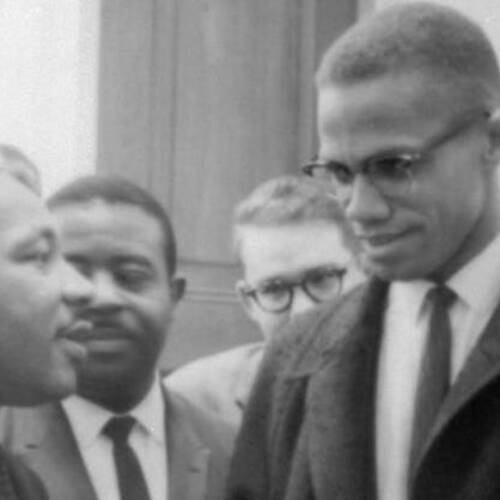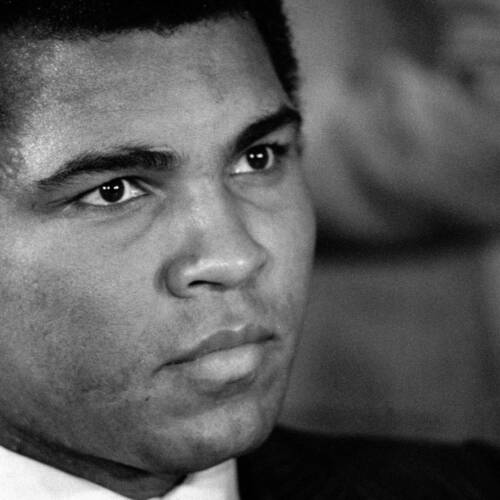
Unveiling the Truth: Martin Luther King Jr.’s Alleged Criticism of Malcolm X Disputed by New Biography
23 May 2023Renowned civil rights leader Dr. Martin Luther King Jr.’s supposed criticism of Malcolm X, a fellow advocate for equality, has been called into question by author Jonathan Eig in his upcoming biography, “King: A Life.” Recent revelations during Eig’s research at Duke University’s archives in Durham, North Carolina, challenge long-held perceptions of a deep divide between the two influential figures, as reported by the Washington Post.
In a 1965 interview with Playboy magazine, King was falsely quoted as condemning Malcolm X’s “fiery, demagogic oratory.” These words have fueled the belief in a significant rift between the civil rights leaders. However, Eig’s findings suggest that this popular narrative is far from accurate.
The extensive interview between King, then 35 years old, and journalist Alex Haley, conducted at the height of the civil rights movement, is considered a significant historical document. Over the years, the interview has been widely republished, contributing to the portrayal of a strained relationship between the two leaders.
Eig’s breakthrough came from meticulously examining 84 pages of what appears to be the unedited transcript of the interview. Among several misquotations, the most notable alteration occurs in King’s response regarding Malcolm X. The transcript reveals a more nuanced and open-minded perspective than previously believed.
When asked by Haley to comment on Malcolm X, King’s recorded response differs substantially from the published version. While acknowledging disagreement with Malcolm X’s political and philosophical views, King expresses a desire for a less violent approach to addressing the struggles faced by African Americans. However, the published interview paints a more critical picture of Malcolm X’s actions and rhetoric.
The discrepancy in King’s words raises questions about journalistic integrity. While minor edits are common in question-and-answer interviews, altering the meaning of quotations without proper acknowledgment is considered unethical. Eig asserts that Haley’s treatment of the interview amounts to “journalistic malpractice.”
These revelations not only challenge the perception of King’s view on Malcolm X but also cast doubt on the credibility of Haley’s work as a whole. Eig encourages a critical examination of Haley’s writings, including the controversial autobiography “The Autobiography of Malcolm X: As Told to Alex Haley.” Haley’s own credibility has been called into question in the past, particularly regarding historical accuracy and allegations of plagiarism in his renowned work, “Roots: The Saga of an American Family.”
As the biography “King: A Life” prepares to shed new light on the civil rights era, it serves as a reminder that historical narratives should be subject to meticulous scrutiny and diligent research. The true relationship between Dr. Martin Luther King Jr. and Malcolm X may be more complex and interconnected than previously understood, challenging prevailing assumptions about their ideological differences and the civil rights movement as a whole.















